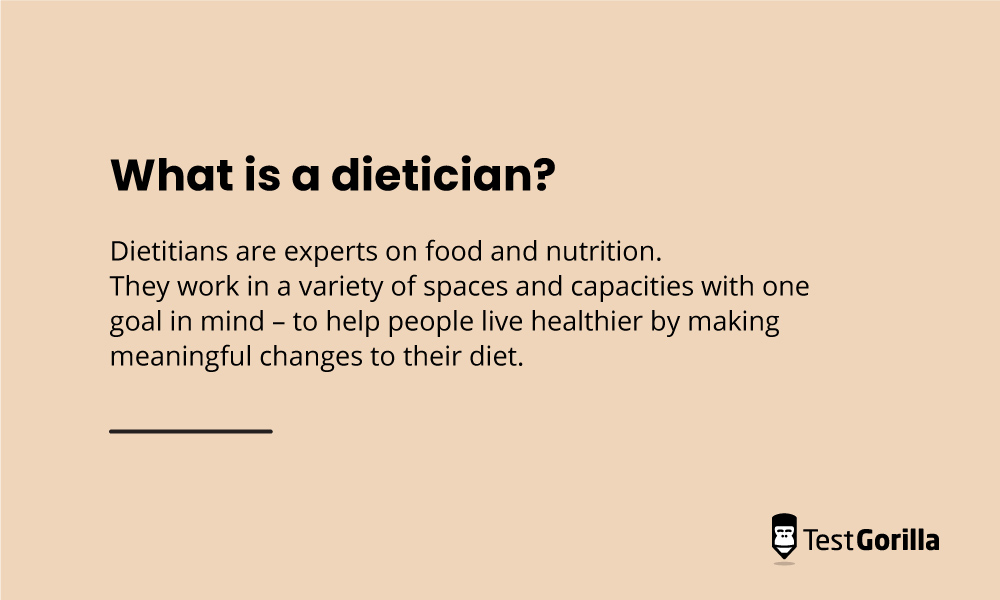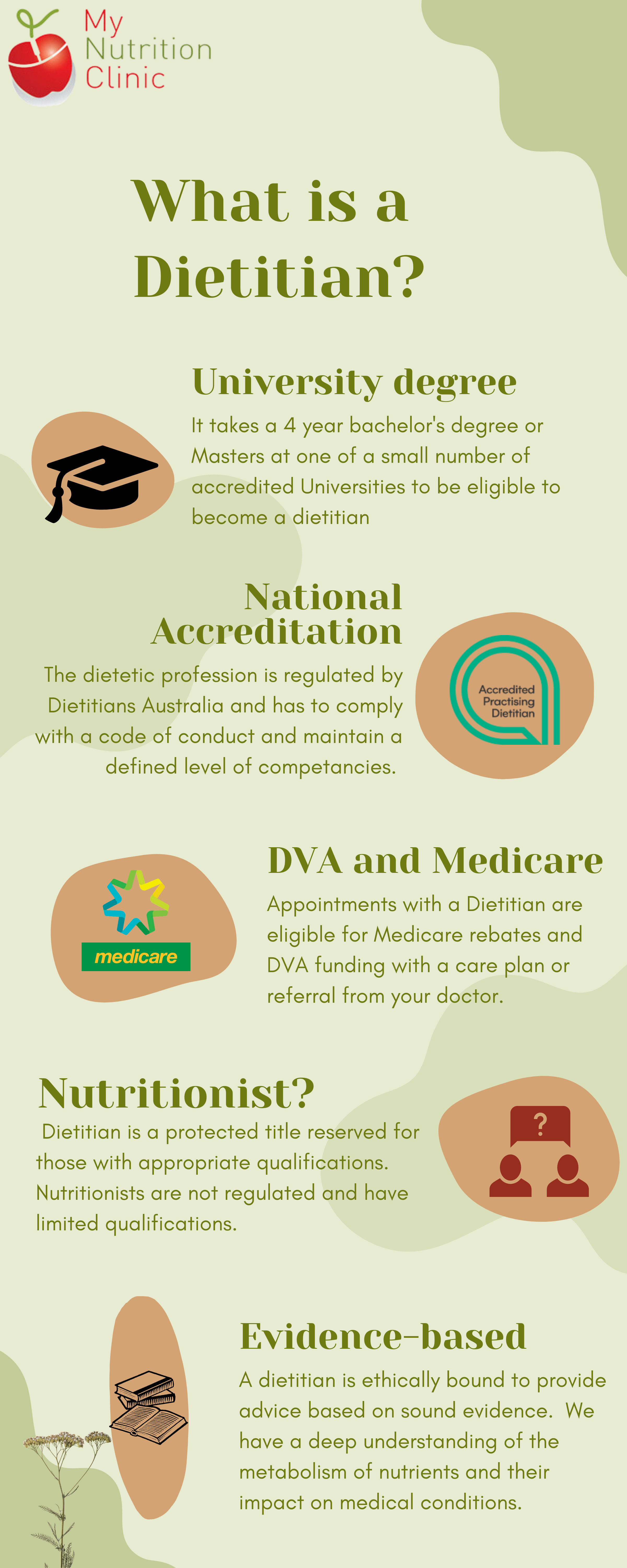All Categories
Featured
Table of Contents
The kinds of Nutritional experts are: and. The former are those people who use the clinical method to study nutrients, both as specific compounds and as they engage in food and nourishment while the last are specialists who assist in detecting the nutritional issues of areas and in finding solutions to those problems.
: They collaborate with health cares and worldwide wellness organizations.: They are liable for massive food preparation and service.: They are specialists in nourishment and aging. They are Board certified in Gerontological Nutrition with the American Dietetic Association.: They are mostly included with nutritional related study in the professional aspect of nutrition in disease states, public element on key, additional and sometimes tertiary health and wellness prevention and foodservice facet in issues entailing the food gotten ready for individuals.
Is It Worth Paying For Renal Dietitian?
, and newspapers-- either as a specialist visitor point of view, routine reporter or guest, or for source, restaurant, or recipe growth and critique.: These work under private method. As explained over, all dietitians are nutritionists but not all nutritional experts have the credentials and credentials to be called dietitians.
This implies specifically the very same point as Registered Dietitian (RD), a term that has been in use for a very long time. All RDs are RDNs but some pick to call themselves that and some do not. Better making complex issues are license demands. While certification to become an RD or RDN is regulated by the Academy of Nourishment and Dietetics a nationwide company licensure is controlled by individual states.

In order to provide clinical nutrition therapy and qualify as service providers for insurance coverage business, a dietitian needs to be licensed by the state. According to the Bureau of Labor Data, the need for dietitians and nutritionists is expected to enhance by 20% between 2010 and 2020 this is a much faster growth price than the standard for all professions.
Which Is The Best Accredited Sports Dietitian Service?
There are considerable differences in payment based upon expertise, with Professional Pediatric Dietitians and Dairy products Nutritionists balancing about $90,000. In 2014, The Bureau of Labor Data (BLS) found that the top 10% of dietitians and nutritional experts earn greater than $79,000, and the bottom 10% much less than $36,000 - Community Dietitian. A mean hourly wage of $27.62 was calculated for both fields, with the leading 10% earning above $38.00 per hour, and the lower 10% earning below $17.00 per hour

Nevertheless, there is a selection of jobs offered in various environments for those who want to deal with the general public, as well as for those that favor more research-focused work. Several enter among these fields in order to assist people live healthier lives which can be profoundly fulfilling.
With existing statistics that one-third of the U.S. population is overweight, as well as a large number of senior U.S. residents, dietitians and nutritionists are most likely to have a much more extensive function in the future. My Strategy places dietitians and nutritionists at # 53 in their happiness index of leading 300 occupations with the highest task fulfillment ratings.
In addition to participating in a certified program, most states require dietitians to be certified or to have expert qualification, or both. On the other hand, just concerning fifty percent of states need such credentials for nutritionists. Also so, several specialist duties for nutritional experts ask for a minimum of a bachelor's degree, and the same qualification is offered for nutritional experts and dietitians alike.
Who Has The Best Weight Loss Dietitian Service?
It's essential to keep in mind that starting Jan. 1, 2024, you'll also need to hold a master's degree to make an RD/RDN credential. Common bachelor's degrees for dietitians include clinical nourishment, dietetics, and public health. Your core classes might include: Food science Chemistry Healthcare policy Medical nourishment Biostatistics Microbiology Food solution administration You'll additionally need to finish a dietetic teaching fellowship.

Whether composed in legislation or not, dietitians and nutritionists numerous times require a comparable education. Typical bachelor's levels for nutritionists include nutrition scientific research or an associated self-control, such as dietetics, kinesiology, food system monitoring, or biochemistry.
The number of hours you'll require might depend on needs in the state where you'll function. Whether you intend to gain a credential or otherwise, it's a good idea to finish at the very least one teaching fellowship to obtain beneficial experience prior to looking for a full-time duty. Licensing and accreditation needs for nutritional experts and dietitians differ from state to state.
What Is The Best Child Nutrition Company?
An expert qualification demonstrates your experience and expertise in your area. Here are the top accreditations for dietitians and nutritional experts.
The titles are essentially the exact same. There's no professional distinction in between them, and you're complimentary to choose which one you wish to make use of based on individual choice. To take the qualification test, you have to: Gain an undergraduate level that's recognized by the ACEND Complete a dietetics internship After Jan. 1, 2024, you'll need to make a master's degree to receive the qualification.
How Much Does A Pregnancy Dietitian Cost?
There is a range in incomes, with the bottom 10% around $44,910 and the leading 10% around $98,830, according to the BLS. Nutritionist and dietitian duties are expected to expand 6.6% through 2032, according to the BLS.
This doesn't mean that one profession is exceptional to the various other, as they both have various functions and certifications that may in some cases overlap. If you wish to learn more regarding what makes these occupations distinct, maintain reading. Dieticians are professionals that aid enhance the lifestyle with healthy and balanced food selections.
What Is The Best Senior Diet Optimization Service In My Area?
Nutritional expert suggestions about nutrition's influence on health. The field is much less regulated than diet professionals; for this reason, nutritionists' levels of know-how and certifications can differ.
There are several differences in between diet professionals and nutritionists. Below are the training and history specifications. Dieticians generally hold a bachelor's degree in dietetics, nourishment, or a relevant field. As their careers advancement, lots of diet professionals pursue advanced levels, like a Master's or Doctorate, to specialise in specific areas of nutrition. Dieticians must take on monitored useful training as part of their education to get hands-on experience in clinical setups, neighborhood nourishment programs, or food solution monitoring.
Latest Posts
Expert Exercise Routines Near Me (Iluka WA)
Value Functional Fitness Near Me (Ocean Reef WA)
Trusted Gym Equipment Near Me – Perth